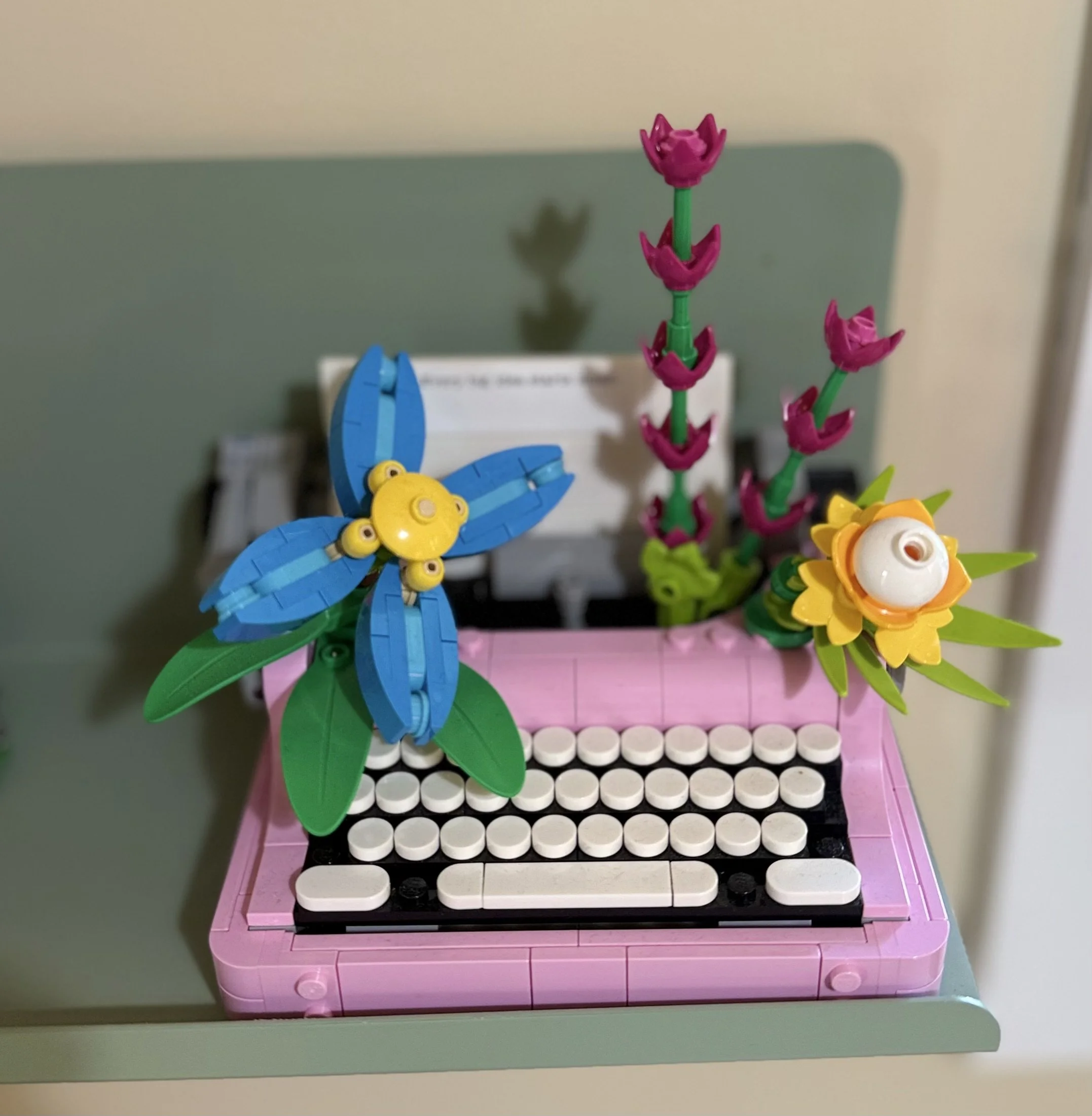Supervision
A space where you can reflect, process, and feel held in your work.
Supervision is about making space for your questions, your edges, your stuck points, and your growth. As a neurodivergent social worker who has worked across a range of settings, I understand how wide the gap can be between talk of ‘welcoming diversity’ and the lived reality. It can feel disheartening when inclusion is spoken about but not truly practiced.
Whether you're navigating the sensory and emotional load of client work, masking to fit into neurotypical systems, managing burnout, or needing space to process in a way that works for your mind, this is a place where all parts of you are welcome. I bring a grounded, relational presence to support your unique style, your values, and your evolving practice.
All sessions are offered online, across Australia. Whether you're a seasoned practitioner or just starting out, supervision with me is flexible, accessible, and attuned to you. I cultivate strong, authentic relationships online, and hold space in a way that is genuine. Camera on, camera off, or just typing in the chat, you don’t need to perform here. You get to show up however you are.
My PhD research explored covert forms of workplace activism within the social work profession, driven by my deep interest in how practitioners navigate the tension between their professional values and the realities of a welfare system that often contradicts them. I’m curious about the quiet, often unseen ways social workers resist, adapt, and hold onto their ethics within systems that can feel hostile to care, justice, and relational practice.
You can find the journal article from my research here:
My publications
Covert Activism
As a social work academic, I co-convened the Ethics subject for Masters of Social Work students for over a decade. I have a deep knowledge and commitment to ethical practice and a strong belief that as practitioners, we are at our best when our professional identifies are congruent with our personal values. As well as navigating my own professional experiences, I’ve helped hundreds of students to explore what it means to be an ethical practitioner.
Alongside my colleague, Professor Donna McAuliffe, I’ve recently published an updated version of the Inclusive Model of Ethical Decision-Making. You can read the article here:
Turn it and turn it again: The updated Inclusive Model of Ethical decision-making.
Ethical practice
View a fuller list of my academic publications and presentations here.
